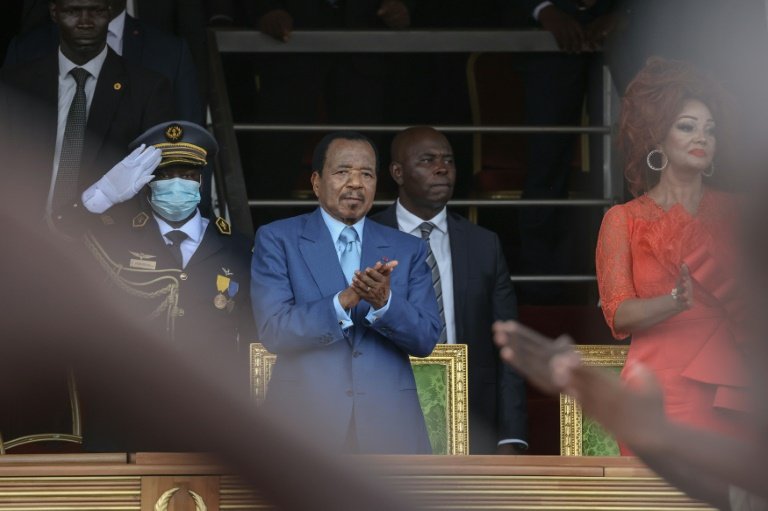Contents
The Political Shift in Cameroon
At the age of 92, Paul Biya, the world’s oldest head of state, continues to hold power in Cameroon, a nation that has seen him lead for over four decades. As the country prepares for its upcoming elections in October, several key figures within his own party have begun to challenge his long-standing dominance.
Two prominent allies have recently defected from Biya’s camp, signaling a potential shift in the political landscape. First, Employment Minister Issa Tchiroma Bakary stepped down and announced his candidacy for president under the Cameroon National Salvation Front. Just two days later, Bello Bouba Maigari, a former prime minister and longtime associate of Biya, also entered the presidential race.
Despite these defections, Biya appears unfazed. The government issued a brief statement about Tchiroma’s departure without acknowledging his resignation. Similarly, Biya’s team has minimized the significance of Maigari’s move, who is associated with the National Union for Democracy and Progress, a party closely aligned with the president.
Fame Ndongo, the communications chief for the ruling Cameroon People’s Democratic Movement (CPDM), dismissed the challenges as routine in the political process. He stated that Biya has long anticipated such moves, referring to them as part of the “classic political game in an advanced liberal democracy.”
Biya is expected to be the CPDM’s official candidate, though he has not yet confirmed his participation in the election. His public appearances have become increasingly rare, and rumors about his health continue to circulate.
Challenges from Within
Tchiroma and Maigari are not new to opposing Biya. Both ran against him in the 1992 election, with Tchiroma having just been released from prison and Maigari returning from exile. However, they eventually aligned with Biya, which has drawn criticism from some quarters.
Severin Tchokonte, a professor at the University of Garoua, highlighted the growing discontent in northern Cameroon, where many residents face severe poverty. He criticized the continued support for the regime, stating that it amounts to betrayal for those struggling without basic necessities like water, electricity, and infrastructure.
Tchiroma has attempted to distance himself from Biya’s legacy, emphasizing a contrast between past failures and future possibilities. At a rally in Garoua, he told supporters, “Admittedly, we didn’t manage to lift you from poverty yesterday, but today, if we come together… we can do it.”
A Nation in Need of Change
Cameroon’s last presidential election in 2018 was marked by violence and low voter turnout, with only around 53 percent of registered voters participating. The ruling CPDM has historically maintained power through strategic alliances with potential rivals. However, the country is currently facing severe economic challenges, and there are increasing calls for change, particularly on social media platforms.
With a significant portion of the population living in poverty, there is a possibility of a large-scale protest vote in the upcoming election. This could reshape the political landscape and challenge Biya’s long-standing rule.
The Role of Opposition Candidates
Tchiroma and Maigari, however, face accusations of being pawns of Biya, designed to divert votes away from more radical opponents like Maurice Kamto of the Cameroon Renaissance Movement (CRM). Both men deny these claims, but analysts suggest that their involvement may be aimed at weakening the opposition.
Anicet Ekane, leader of the opposition party Manidem, noted the widespread demand for change across Cameroon. He argued that it will become increasingly difficult for Biya to rely on elites to dictate voting behavior, as a national movement against the government gains momentum.
Biya has urged citizens to ignore what he calls “the sirens of chaos” spread by “certain irresponsible individuals.” He reaffirmed his commitment to serving the people, stating, “I can assure you my determination to serve you remains intact.”
As the election approaches, the political dynamics in Cameroon are shifting, and the future of the nation hangs in the balance.




